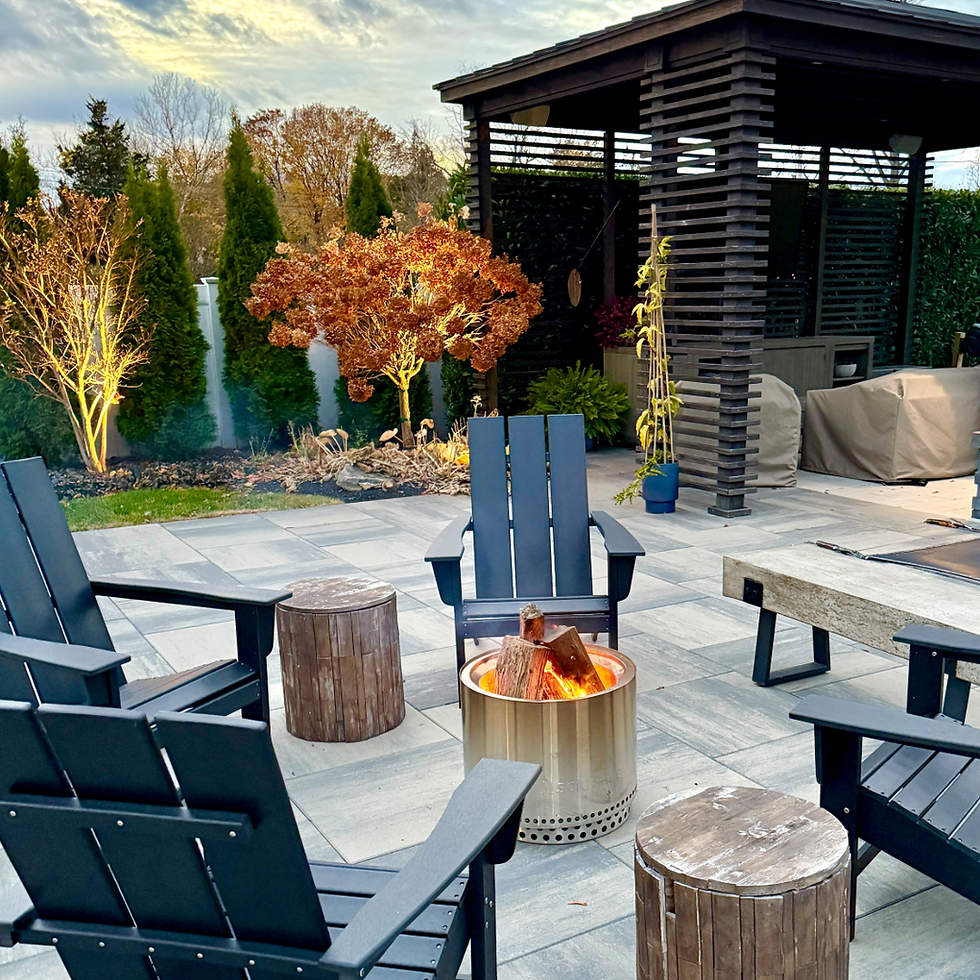Blueberry Picking
- Rebekah
- Jul 6, 2017
- 3 min read
Updated: Jan 9
I don't know about you, but I love berry picking in the Spring and Summer. Blueberries are one of my favorites, mainly because they make a delicious, quick snack for my young, hungry kids(!). I also love that these tasty little berries can be used in making jams and preserves, pies, sprinkled on top of ice cream, and of course, blueberry muffins and pancakes! Are you hungry now too?
If you love blueberries too, do you grow any at your home? Blueberry bushes are relatively easy to grow, and actually, they can easily be added in to an existing landscape. Alternatively, blueberry bushes work well in raised beds. Many of these berry bushes also provide brilliant Autumnal color (the brightest red leaves and stems you would ever see!), which adds such pretty interest at another time of the year.

Two Types of Blueberry Plants:
Rabbiteye: Rabbiteye types are native to the southern U.S. and definitely native to our area of Tennessee. They survive better in warmer, drier climates than highbush types. Also, they can be grown without irrigation, but need mulch for moisture control.
Highbush: Highbush blueberry plants are native to the higher elevations of Tennessee, where they receive good rainfall and have frequent relief from extremely high temperatures. They can, however, easily be grown in our area of Tennessee with proper irrigation. They bloom later than Rabbiteye varieties and are less susceptible to frost.
Where to Plant & Soil Prep:
*Blueberries love full sun and excellent drainage. You want to plant them in an area where you have amended the soil using peat moss or soil conditioner (we can give you detailed tips at the Nursery on how to do this!). If you have clay soil, it is especially important to amend it before planting. If possible, plant in a higher area of your yard where water will not puddle or plant in a raised gardening bed.
*You can purchase a pH sensor (a good, mid-grade one is around $60) if you do not know if your soil is more alkaline or acidic. Alternatively, take a soil sample to your local UT Extension office to determine your exact pH. Blueberries love soil that is around 4.8-5.2 pH. They will not produce as many berries for you if their pH level is too low or too high.
Cross-Pollination & Productivity:
*Blueberries are perennials, so they will come back year after year and produce more each year. They will produce the most when you cross-pollinate them, which is just a fancy way of saying "buy at least two different varieties of blueberry bushes and plant them near each other". Pollinators will do the work of cross-pollinating, and you will reap the benefits of more berries!
*It will take three to five years to have your first good fruit yield.
Common Pests:
*Birds are the most common pest associated with blueberry bushes. And who can really blame them, right? Blueberries are good. But using netting over your bushes may be one of the best ways to keep them away, or I have heard of gardeners using blank CDs and suspending them over their bushes- the reflection keeps the birds away.

Water your new blueberry plants well the first Summer and Fall they are in the ground to ensure they become established quickly. What questions do you have for us here at the Nursery?
We hope to see you soon at your locally owned, locally grown Riverbend Nurseries!



